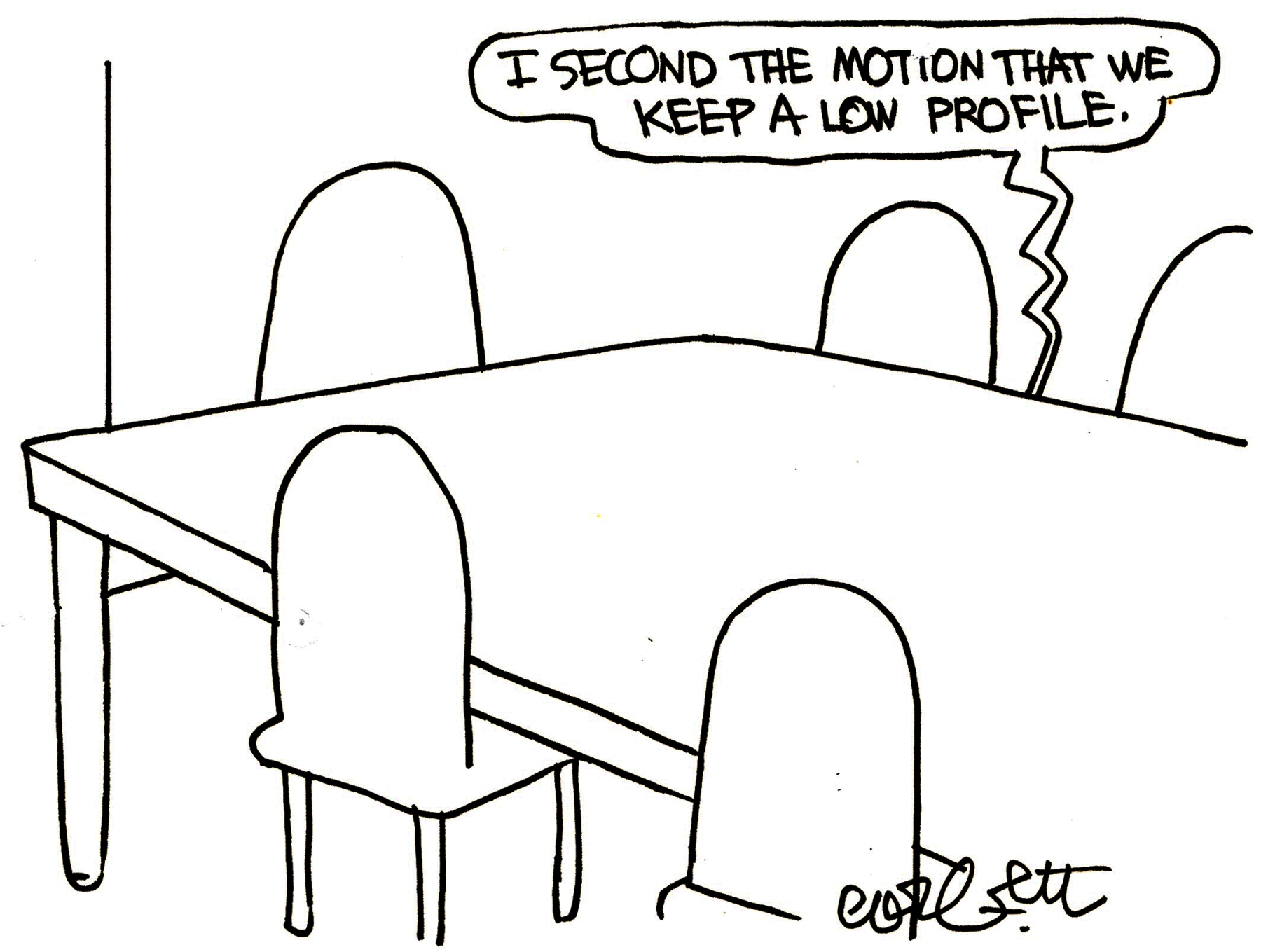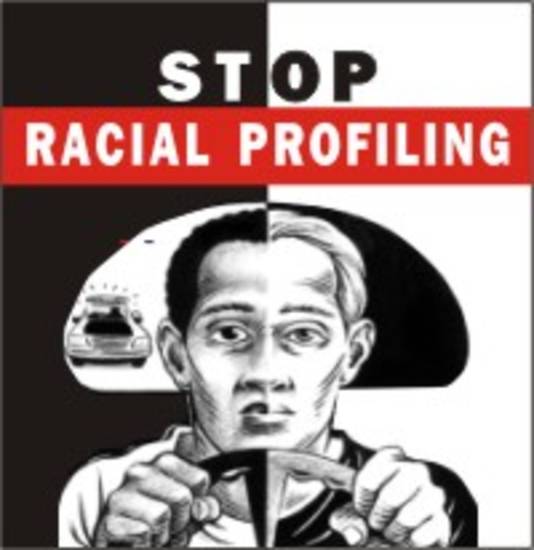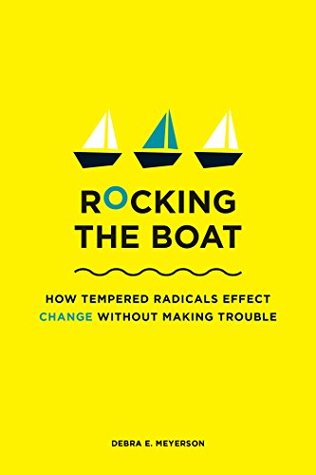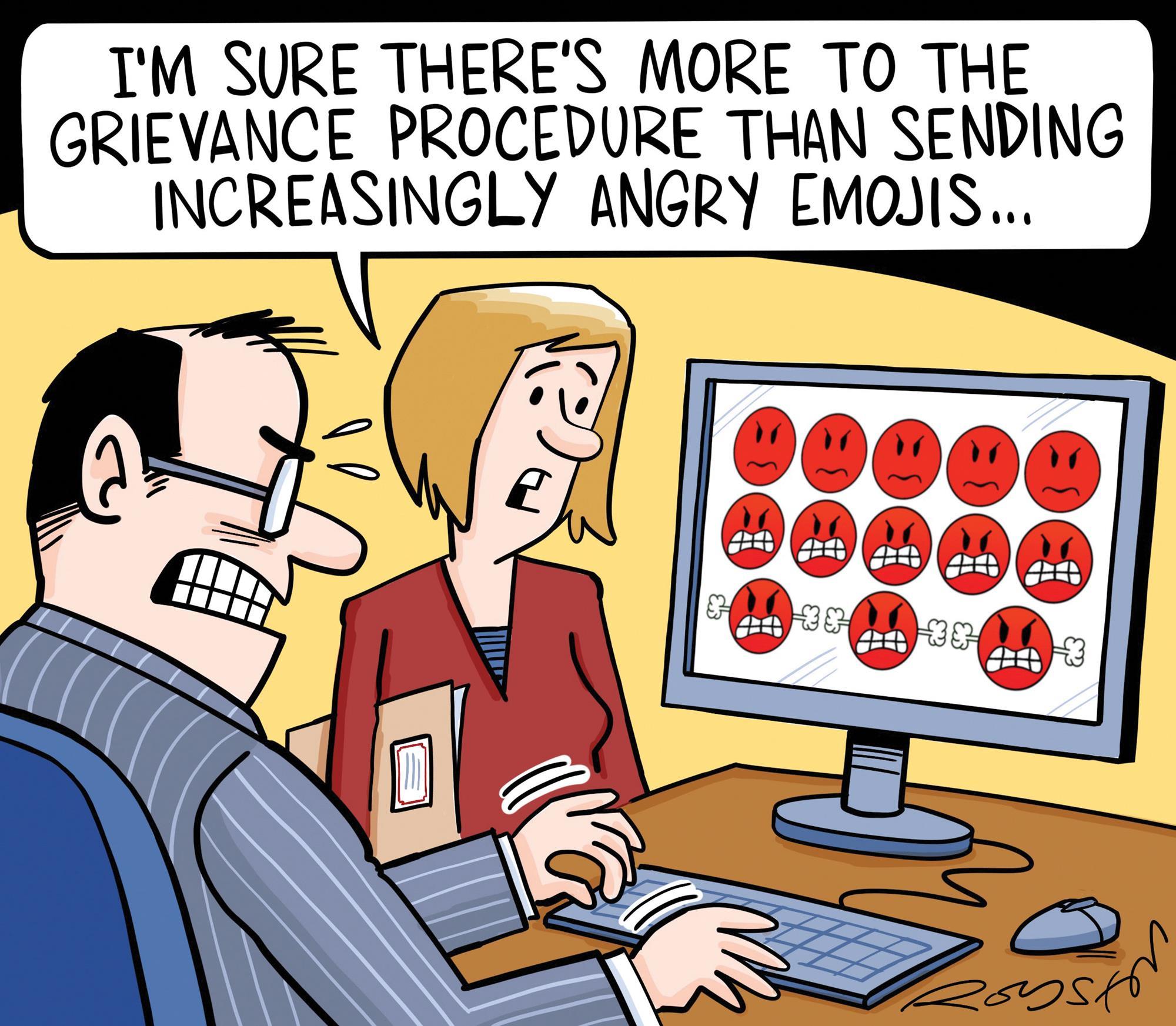
A review of Debra Meyerson’s book Rocking the Boat: How to Effect Change Without Making Trouble
Published in The Whistle (Newsletter of Whistleblowers Australia), No. 105, January 2021, pp. 2-4
Reviewed by Brian Martin
My book The Whistleblower’s Handbook was published in 1999. In it, I discussed two main avenues to address problems. The first is trying to get someone in authority to take action, for example by informing the boss, using grievance procedures, contacting external agencies such as ombudsman’s offices, and going to court. This road I call “official channels.” The second main avenue I called “building support.” It involves informing wider audiences, especially ones that may help to fix the problem.
When it came time to prepare a new edition of the book — this time titled Whistleblowing: A Practical Guide, published in 2013 — I added chapters on two other avenues. One is leaking, otherwise known as anonymous whistleblowing. This reduces the risks of reprisals and can enable staying in the job, collecting more information and continuing to leak.

The second new chapter I titled “Low-profile operations.” I described it this way: “You can seek to address a problem by talking to people, introducing ideas, encouraging discussion and fostering awareness — and doing it inconspicuously.” This approach reduces the risk of reprisals, keeps the focus on the issue (rather than on a whistleblower), enables staying on the job to continue fostering change, and can provide a model to other workers. However, low-profile operations may not be able to tackle deeply entrenched problems. Also, these sorts of operations often require well-developed interpersonal and communication skills. And they involve a time commitment on top of regular job tasks.
When I wrote the new chapter on low-profile operations, I wasn’t aware of any research on this avenue for change. Recently, though, I discovered a major research project on this very topic. Its findings were published years earlier.
Debra Meyerson, a researcher at Stanford University, became interested in processes of organisational change pushed along by workers who wanted to make a difference while remaining in their jobs. She interviewed dozens of employees in three companies in the US, all of them sizeable white-collar businesses. Her main interest was in efforts to make organisations more inclusive, in particular to cater better for women, ethnic minorities and lesbians and gays. She also studied a number of cases of individual efforts in other locations.

Debra E. Meyerson
One interviewee, to whom she gives the name Peter Grant, was initially fairly low in the hierarchy but played a key role in hiring staff. He made an extra effort to recruit highly competent minority employees, which was important in this white-dominated company. He told applicants from minority groups that he expected them, if hired, to do what they could to hire more talented minority employees. Then, when these individuals were employed, he provided advice and support so they could survive and thrive. Over decades, his quiet efforts made a huge difference to hundreds of individuals, leading to a gradual increase in ethnic diversity in the organisation. Peter did not make a song and dance about what he was doing, but instead kept a relatively low profile concerning his efforts, and eventually he rose up within the organisation.
Joanie had responsibility for her company’s use of fair-trade products but was met with resistance by managers in a key division. She took the opportunity of a company-wide restructure to move her unit into that division. By working closely with the managers, she changed their perceptions of priorities and they became supporters of her agenda.
Cathy, a black woman, had a good job in a company in a part of England that was heavily white. Driving a nice car, she was regularly pulled up by police for questioning, an obvious case of racial profiling. Rather than make a formal complaint or seek publicity, she consulted with a mentor, who wrote a letter to the police chief. It turned out the chief was sympathetic: he also wanted to stop the racial profiling by police under his command. Cathy and the chief worked together to bring about a change in police practice.

Meyerson interviewed employees who tried to make their organisation more family-friendly. Some bosses would call last-minute meetings in evenings, making life difficult for workers with young children. By having a word with bosses, eventually it became standard to finish all meetings by 5.30pm.
In another instance, at one organisation most gay employees hid their sexuality from senior management. At a major function, gay men invited women to appear to be their partners. Tom’s mentor advised him to do the same but, with his boss’s support, Tom brought his male partner to the function, and all went well. This provided an example for other gay men.
These are among the many stories provided by Meyerson in her 2008 book Rocking the Boat. She calls individuals who seek to bring about organisational change, but in a cautious way, “tempered radicals.” She describes five ways for these tempered radicals to make a difference. It’s worth examining each of these ways and then seeing what whistleblowers might learn from them.

Meyerson adopts a perspective on psychology and behaviour in which every person has multiple “selves.” According to this perspective, you behave differently in different circumstances, for example being a loving person at home but ruthlessly aggressive on the road. Many tempered radicals have personal ideals but, at the workplace, feel obliged to conform to expectations for appearance and behaviour.
Meyerson’s first category for making a difference at work is quiet resistance that helps maintain a sense of your true, or non-work, self. This can be done by making links with like-minded others inside and outside the organisation, appearing to conform while acting on your beliefs, expressing your “self” through your clothes and personal style, and by acting outside the organisation. These methods of quiet resistance may not sound like much but they are important in maintaining aspects of your “self” that would otherwise be submerged or extinguished by workplace culture.
Meyerson’s second category involves turning threats into opportunities. The threat might be pressure to conform, an offensive action such as abusive language or a stereotyped expectation such as that women will organise social functions. She says it’s vital to step back to consider options, see these occasions as opportunities to bring about change, and to remember that silence is an option. Suppose the boss, in a meeting, says that the wife of the new CEO has great legs. Rather than challenging it immediately, in the heat of your emotion, it might be better to say something to the boss privately or to use humour such as “I think you should have said that James (the new CEO) has a great hairstyle.” Sometimes small interventions can change the way people think and behave. If done carefully, the risk of causing offence is small.
Meyerson’s third category is to build support by talking with potential allies and pursuing interactions to bring about solutions, while usually avoiding confrontation. Her case studies include ones mentioned already: getting production managers on side for supporting fair-trade inputs, raising the issue of putting business meetings on weekends, and countering racial profiling in police stops of vehicles. This may involve seeking advice and support from “third parties,” who are individuals not directly involved in an issue. Third parties can help with preparation for action, offer legitimacy, provide personal support, mediate, reduce the anxiety of adversaries and offer helpful ways of thinking about issues. They can also help you avoid being sucked into the organisational way of seeing the world and avoid expressing anger that might be counterproductive.
Meyerson’s fourth category is to seek small changes, wins that won’t trigger resistance, and have them snowball, or just add up over time. One example is Peter Grant, described earlier, who recruited talented minority applicants and expected them to hire more minority applicants. There are several reasons for starting small. The changes can be achieved, and achieving them gives hope and confidence. Small changes reduce others’ anxiety, and they can foster learning in the organisation while expressing the values of the tempered radical.
Meyerson’s fifth and final category for making a difference at work is to be involved in collective action. In Australia, the obvious avenue is trade unions, but in the US private sector white-collar sector these are rare. Meyerson describes three routes into organising in the places she studied. Sometimes there was a threat or opportunity that enabled an individual to build support; sometimes an incident triggered wider support; and sometimes a group formed out of common interests, for example a group for gay employees, decided to take action.

Bringing about change in small ways while taking few risks sounds great, but it’s not as easy as it sounds. Working for change on the inside over long periods can lead to anxiety and guilt. There is an ongoing tension involved in outwardly conforming while maintaining one’s ideals but not acting on them in an overt way. Some tempered radicals, like Peter Grant, are accused of hypocrisy by outsiders who are unaware of the behind-the-scenes efforts they make over a long time.
Another obstacle is gradually adjusting to the organisation’s agendas. As people rise in their careers, they can become more averse to taking risks because they have more at stake. They can wait for the ideal time to act — and keep waiting indefinitely. They can become adept at using insider language, but this can change the way they think.
Other obstacles are awareness that their actions may damage their reputations, and burnout from trying hard over a long period yet seeming to make little impact. If your boss is unsympathetic, making small changes is far more difficult. Personal relationships within your immediate work colleagues are crucially important.

Meyerson only briefly mentions whistleblowers, saying that they face “obvious dilemmas.” The typical issues raised by whistleblowers — corruption, abuse, hazards to the public — are different from the ones addressed by Meyerson’s tempered radicals, which most commonly feature discrimination on the basis of gender, ethnicity and sexuality. Still, the methods used by tempered radicals are available to workers concerned about corruption. Or is something deeper involved?
In terms of what management says and what actually goes on, there’s no fundamental difference. In the organisations that Meyerson studied, managers were officially committed to equality and, of course, to organisational effectiveness. Tempered radicals were acting in accordance with the stated values of the organisation. Nevertheless, they knew they had to be careful, because in practice things operated differently.
Similarly, management is always officially in favour of honesty, integrity, fairness, environmental responsibility and any other noble value you’d care to name. Whistleblowers are pointing out a possible violation of one or more of these values, and in this regard they are similar to tempered radicals.
Perhaps the difference in treatment of tempered radicals and whistleblowers is a matter of sampling. Whistleblowers whose stories end up in the media, or who come to Whistleblowers Australia, are mostly those who have suffered reprisals. We seldom hear about the ones who use the techniques of tempered radicals, carefully raising awareness about problems while keeping their jobs.
Perhaps there are more tempered radicals than we realise. In surveys carried out by the Whistling While They Work project led by AJ Brown, many employees reported that they had blown the whistle but not suffered reprisals. Could these employees have been tempered radicals who played the organisational game cautiously? Were they reporting on matters in a way that didn’t threaten anyone? Were they dealing with personal grievances? We won’t know until there are more studies like Meyerson’s, delving into the stories of workers who try to make a change while not jeopardising their careers.

Perhaps there is another factor. All of Meyerson’s tempered radicals seemed to know what they were up against. They recognised that, for example, coming out as lesbian or gay was potentially risky, or that they could pay a penalty by questioning the boss’s racist or sexist comment. Women, ethnic minorities, and lesbians and gays are nearly always aware of patterns of discrimination because they encounter them routinely.

In contrast are workers who speak out but never set out to be whistleblowers. They thought they were just doing their jobs. They might be called “inadvertent whistleblowers.” Unlike tempered radicals who carefully calibrate their actions to achieve change while minimising effects on their careers, inadvertent whistleblowers didn’t realise there was any danger, or grossly underestimated the risks.
Another factor may be that the goals pursued by Meyerson’s tempered radicals are in tune with wider social changes, which have seen, for example, greater acceptance of equal opportunity for women and ethnic minorities. Meyerson intentionally does not address organisational activists seeking what might be considered regressive changes, such as exclusion of women.
In contrast, there is not quite the same cultural shift in relation to challenging corruption. Despite rhetoric about honesty and integrity, it can be argued that the rise of market fundamentalism, with its endorsement of competitiveness and a priority on self-interest, as well as the gutting of regulatory restraints, has fostered a culture of greed. In this context, speaking out about corruption remains risky, if only because so many employees are implicated in it.
These considerations aside, it is still worthwhile examining what can be learned from tempered radicals. It is valuable to be acutely aware of which sorts of actions are safe and which are risky, and to have the courage to act in small ways to test the waters and make small improvements. There is much more to learn. We are still waiting for researchers to investigate how workers in practice have tackled corruption and hazards to the public in the style of tempered radicals.
Brian Martin is editor of The Whistle.
Brian Martin's publications on suppression of dissent